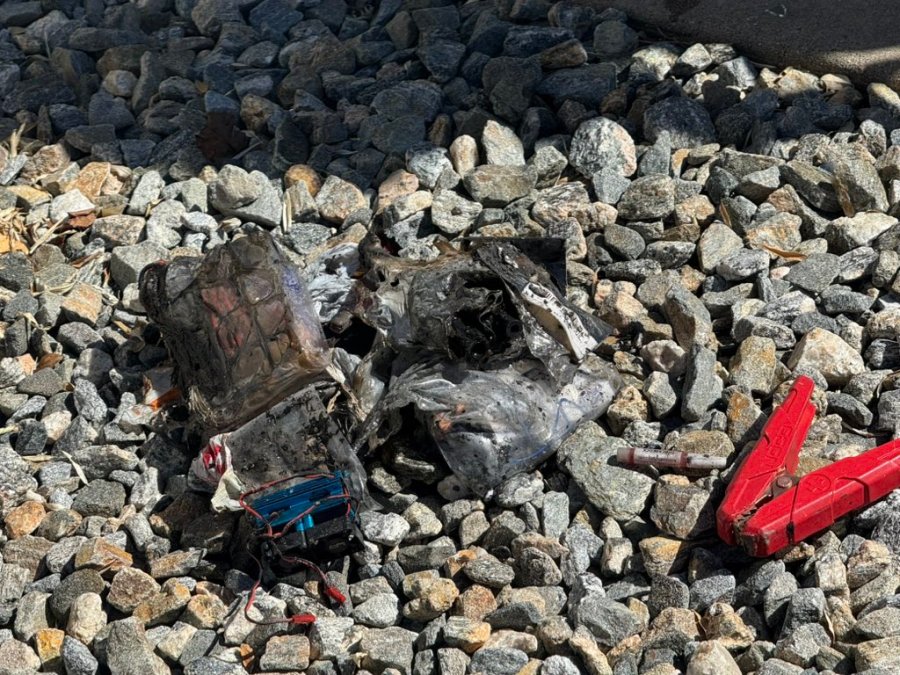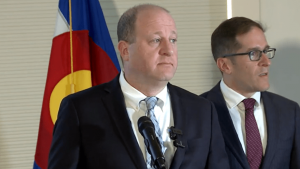[ad_1]
DENVER (KDVR) — Lithium-ion battery fires are a growing concern across the U.S., with two such fires leaving a total of seven people displaced from their southern Denver metro homes in the past week.
One such fire was reported by Aurora Fire Rescue on Thursday in the 3700 block of South Ensenada Street. The call was received at about 12:50 p.m. and was brought under control by about 1:10 p.m. after a lithium-ion battery caught fire.
AFR said it has determined the fire was accidental, and because the fire involved lithium-ion batteries, the hazmat team was called as a precaution to safely remove and package the batteries.
The agency also said it determined the battery fire started in the duplex’s living room and spread into the kitchen area, caused by an “electrical problem involving lithium-ion batteries.” One person was home at the time, and no injuries were reported. All three residents of the duplex will be displaced due to damage in the home.
On Sept. 30, South Metro Fire Rescue and the Arapahoe County Sheriff’s Office responded to a similar fire at a multi-family residence on East Harvard Avenue. The fire was traced to a lithium-ion battery attached to an electric scooter, and four residents were displaced due to fire damage.
Lithium-ion battery fires require special training
FOX31 has also reported on electric vehicle fires caused by lithium-ion batteries. In some cases, fire departments have expensive blankets used to smother the fires and move the vehicle to a safer location. In other cases, the fires can be fought with water. In still other cases, firefighters have been forced to let the fires burn for hours until they run out of fuel.
The batteries are an increasingly common consumer item and are used in a variety of technologies, including electric vehicles and laptops. According to the National Fire Protection Association, the batteries can catch fire for a variety of reasons, including damage to the physical battery, electrical damage by overcharging or using improper charging equipment, exposure to extreme temperatures and product defects.
Because of the nature of the batteries, the NFPA warns consumers and firefighters of the possible release of toxic gases and explosions associated with such fires.
Aurora Fire Rescue offered a handful of safety tips to lithium-ion battery owners, including only using a charger that comes with a specific device or is approved by the manufacturer; always charging the device on a flat, hard surface; unplugging devices once they are fully charged; and to stopping use of a battery if it swells, leaks, feels hot or has an unusual odor.
Lithium-ion batteries should never be thrown into the trash, but can be recycled or disposed of during hazardous waste collections.
[ad_2]

Anthony Sutton is a business strategist and writer with a passion for management, leadership, and entrepreneurship. With years of experience in the corporate world, he shares insights on business growth, strategy, and innovation through management-opleiding.org.








